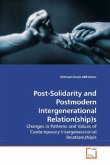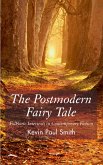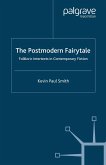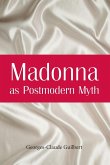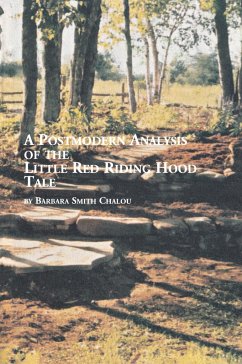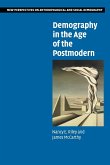This book investigates the ambivalent space that nations occupy in Salman Rushdie's fiction. Relying on Walter Benjamin, I argue that the structure of the modern nation is split, and whereas this split remains hidden in the discourse of nationalism studies (Benedict Anderson, Ernest Gellner, etc.), it becomes manifest in Rushdie's postmodern texts. Rushdie's nations, instead of parading as seamless entities, challenge national pedagogies by reinserting a peculiar vision of subjectivity into the discourse of the nation. Located in the context of magic and noise, this subjectivity needs a protective shelter in his novels: in Midnight's Children (the novel about India), Saleem's nose provides a secure place for the disarticulate, pre-symbolic noise of the children. In the schizophrenic world of Shame (the novel about Pakistan), no such space exists; locked attic rooms do not provide protection, simply repress alternatives. I read The Satanic Verses as a novel of survival, which envisages a more viable, though more diabolical, alternative space for the nation than the previous two texts.
Bitte wählen Sie Ihr Anliegen aus.
Rechnungen
Retourenschein anfordern
Bestellstatus
Storno


